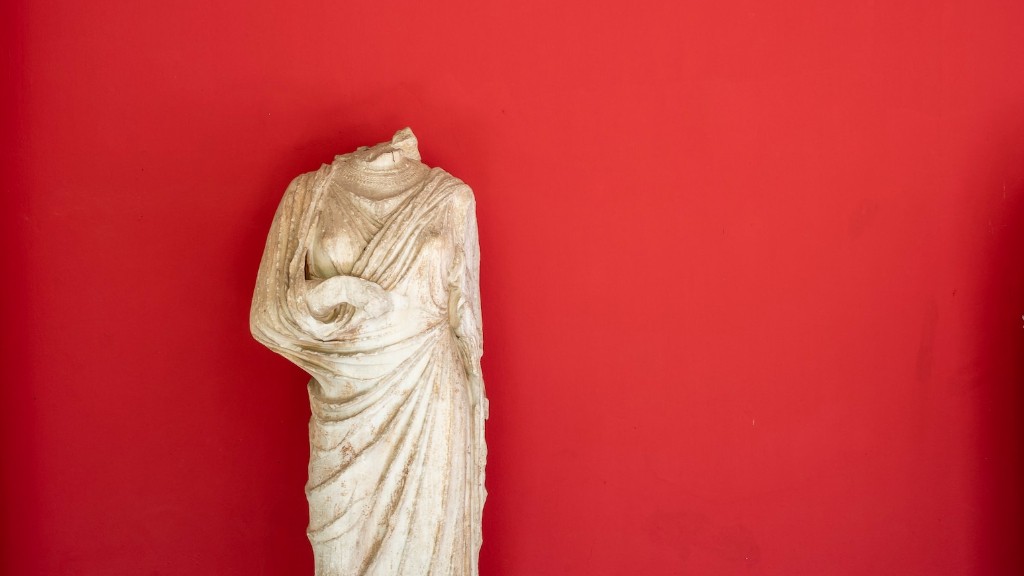What Did Ancient Greece Eat for Breakfast?
Introduction:
Ancient Greece, with its rich history and cultural heritage, has left us curious about the daily lives and routines of its inhabitants. The question of what the ancient Greeks ate for breakfast is one that has fascinated scholars and historians for centuries. In this article, we will delve into the dietary habits of ancient Greece and shed light on their morning meals, exploring the ingredients, preparation methods, and cultural significance associated with their breakfast traditions.
The Ancient Greek Breakfast:
The ancient Greeks believed in starting their day with a hearty breakfast to provide them with the necessary energy and sustenance for the day ahead. Although breakfast was not as elaborately prepared as their other meals, it still held importance in their daily routine.
Ingredients:
- Barley Bread: Barley was a staple grain in ancient Greece, and bread made from barley flour was commonly consumed. It was a simple, yet nutritious choice for breakfast, providing carbohydrates and fiber to fuel the body.
- Honey: Honey played a significant role in ancient Greek cuisine, and it was frequently used as a sweetener. Whether drizzled on bread or mixed with yogurt, honey added flavor and natural sweetness to their morning meal.
- Cheese: Cheese was another staple of the ancient Greek diet and a common component of their breakfast. Various types of cheese, such as feta and mizithra, were enjoyed with bread, providing a rich source of protein and calcium.
- Olives: Olives were a popular addition to the Greek breakfast table. These small fruits were enjoyed as a source of healthy fats, and their versatility made them an excellent accompaniment to bread and cheese.
- Yogurt: Although not as common as the previously mentioned ingredients, yogurt made its appearance in ancient Greek breakfasts. It was often eaten with honey or fruits, offering a refreshing and nutritious start to the day.
Preparation Methods:
The preparation of the Greek breakfast was relatively straightforward. The barley bread was either baked fresh at home or bought from local bakeries. The bread was then sliced and served with honey, cheese, olives, and yogurt if available. The Greeks also enjoyed their breakfast alongside a cup of wine or milk, depending on personal preferences and regional differences.
Cultural Significance:
Breakfast in ancient Greece was not only about nourishment; it also held cultural significance. Sharing a meal together was an important social activity that fostered a sense of community and strengthened familial bonds. The Greeks believed in the importance of starting the day with loved ones, engaging in conversations, and exchanging ideas while enjoying their morning repast.
In addition to its social role, breakfast provided a way for the Greeks to connect with their agricultural roots. Many of the breakfast ingredients, such as barley and olives, were widely cultivated in ancient Greece. By consuming these local products, the Greeks celebrated their land, its bountiful harvests, and the interconnectedness of nature and daily life.
Conclusion:
The question of what the ancient Greeks ate for breakfast has intrigued scholars and history enthusiasts for generations. Delving into their dietary habits, we discovered the simplicity and significance of their morning meal. Barley bread, honey, cheese, olives, and occasionally yogurt formed the core components of their breakfasts, providing a balance of carbohydrates, proteins, and healthy fats.
Breakfast in ancient Greece was not merely a means of sustenance but a cultural celebration. It brought families and communities together, fostering social cohesion and appreciation for the land’s offerings. By understanding their breakfast traditions, we gain insights into the ancient Greeks’ daily lives, their values, and their deep connection to the world around them.


